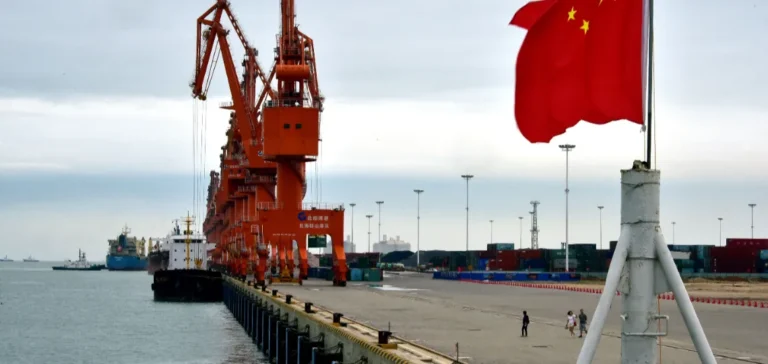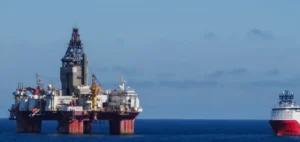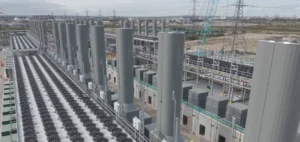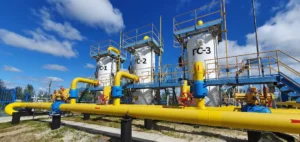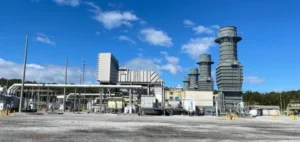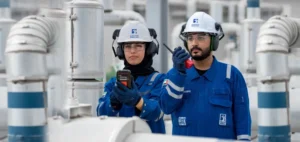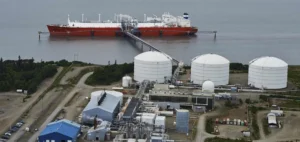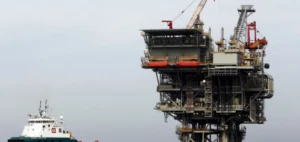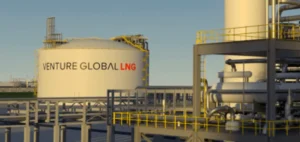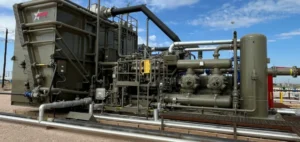Russian liquefied natural gas producer Novatek has reduced its cargo prices by 30% to 40% for the Chinese market since August, according to multiple industry sources. These reductions enabled the first commercial sales from the Arctic LNG 2 project, which has faced economic restrictions imposed by the United States and several European countries.
The $21bn Arctic LNG 2 project had remained without a buyer since operations began in December 2023. Novatek sold its first cargo on August 28 at a discount of $3 to $4 per million British thermal units (mmBtu), compared to the Asian benchmark price of around $11. Fourteen deliveries have been made since then, according to another source close to the transactions.
Sharp price cuts to clear volumes
Cargoes are reportedly being sold between $28mn and $32mn, well below their estimated market value of over $44mn. These conditions attracted Chinese buyers, though their identities have not been confirmed. The gas is delivered to the Beihai terminal in southern China, owned by PipeChina, the state-run energy infrastructure operator.
The US administration imposed specific sanctions on the Arctic LNG 2 project shortly after its launch. International partners, including TotalEnergies, pulled out, while China National Petroleum Corporation (CNPC) and China National Offshore Oil Corporation (CNOOC) retained their 10% stakes.
US inaction on Chinese purchases
Despite public threats from Washington against countries continuing to purchase Russian energy, no punitive measures have been taken against Chinese entities involved in buying the sanctioned gas. Sources in Beijing confirm the government approved these imports. The US administration has not commented on the lack of targeted sanctions.
Previously used for diversified international supplies, including eight US cargoes in 2024, Beihai is now exclusively used for Russian gas imports, according to a China-based trader. In October, the United Kingdom placed Beihai on its sanctions list.
Strategic risks between trade and geopolitics
Beihai’s exclusivity for Russian gas limits logistical options for other suppliers, including the United States. China has not imported any US liquefied natural gas since February, due to tariffs reinstated during trade tensions between Beijing and Washington.
Potential sanctions against PipeChina, which manages most of China’s import infrastructure, would pose strategic risks for the US, according to a Western executive active in the Chinese market. The Trump administration has tied American energy exports to trade agreements, but the implications of this approach remain unclear in light of China’s continued purchases of Russian gas.


